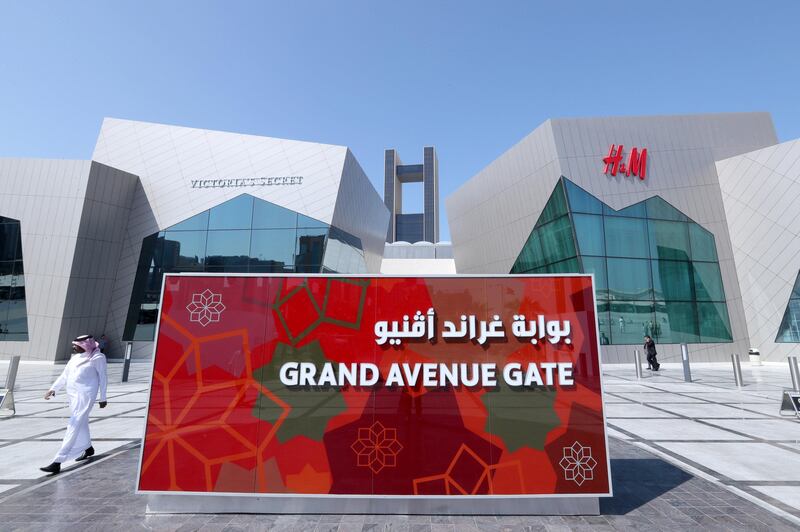The IMF urged Arab Gulf countries to speed up reforms as the Washington organisation lowered its 2017 regional growth forecast because of declining oil production by Opec members who are adhering to a global oil deal.
“The reality of lower oil prices has made it more urgent for oil exporters to move away from a focus on redistributing oil receipts through public sector spending and energy subsidies,” the fund said.
It urged Gulf states to speed up fiscal reform efforts, which remain uneven among the countries. For example, Oman and Bahrain need to do more to lower their debt levels, according to the organisation.
“Oil exporters should continue pursuing deficit reduction plans to maintain fiscal sustainability and, where relevant, to support exchange rate pegs,” said the fund. “Progress is uneven across countries. Some countries will need to identify additional fiscal consolidation measures, while protecting social and growth-oriented expenditures.”
__________________________
Read more:
[ IMF forecasts economic recovery for Middle East economies in 2018 ]
[ World Bank lowers growth forecast for Arabian Gulf on oil cut adherence ]
_________________________
Growth in the six states will ease to 0.5 per cent this year, down from 0.9 per cent in its May forecast. The fund also lowered its projections for next year to 2.2 per cent from 2.5 per cent in May.
Gulf Opec members Qatar, Kuwait, the UAE and Saudi Arabia are adhering to an oil output cut that is trimming 1.8 million barrels of oil per day from the oversupplied market. The deal, which includes non-Opec countries led by Russia, has been extended into the end of next March.
“Fiscal consolidation, oil production, and regional conflicts have been the key determinants of growth in Menap [Middle East, North Africa and Pakistan] oil-exporting countries,” said the fund. “Spillovers from the low oil price environment continue to weigh on non-oil growth, which is expected to remain below historical averages.”
Medium term, non-oil growth is expected to moderate to 3.4 per cent in 2022, nearly half of the 6.7 per cent growth recorded between 2000-15 as low oil prices continue to weigh on the region’s economy.
The fund is projecting that fiscal deficit in the region will ease to 5.2 per cent of GDP this year thanks to recovery in oil prices and deficit reduction measures. That is down from 10.6 per cent of GDP last year. Five-year cumulative budget deficits are forecast to hover around US$320 billion over the 2018-20 period.
Gulf countries have tightened their purse strings, lowered or removed energy subsidies and are introducing tariffs, including value-added taxes, to help shore up government revenue.
The fund called for labour market reforms to help boost productivity, which remains low. “Apart from concerns about fiscal sustainability and growth performance, the existing development model has provided disappointing productivity gains – the key long-term driver of living standards,” said the fund.
"A recent IMF study finds that, relative to other countries, productivity in the GCC region tends to contribute little to growth, while labour contributes significantly more."






